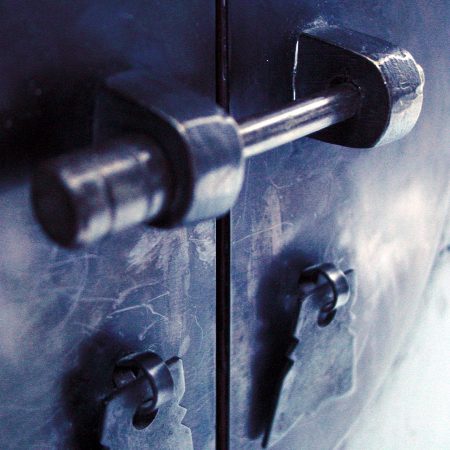And the moon be still as bright
It was 1950, or ’51. I still had five years to go before I would graduate from high school. A very impressionable young man who didn’t care much for the world around him. At every opportunity, his head was either in the stars, or his nose in a book of sci-fi.
Ray Bradbury’s “Martian Chronicles” had just been published, and I think I practically walked into walls, as I walked along reading it, absorbing every scene, every word of a Mars which existed only in Bradbury’s imagination.
Spender. Biggs. Wilder. Spender, the poet and archeologist, trying to save the remains of the old Martian civilization. Biggs, determined to trash it with his beer bottles and vomit. Wilder, the captain, caught in between and bound by duty. As I read it, I was Spender, of course. In later times, this would have been interpreted very differently – the stuff that led to Columbine.
But in the middle of that turmoil, Spender quoted a poem to Wilder, calling it the epitaph of that beautiful, and dead, civilization. It was, of course,
We’ll Go No More A-roving
So, we’ll go no more a-roving
So late into the night,
Though the heart be still as loving,
And the moon be still as bright.
For the sword outwears its sheath,
And the soul wears out the breast,
And the heart must pause to breathe,
And love itself have rest.
Though the night was made for loving,
And the day returns too soon,
Yet we’ll go no more a-roving
By the light of the moon.
Lord Byron (George Gordon)
(1788-1824)
Not, perhaps, poetry to stand against the many deep and beautiful poems already posted in this thread, but, at that age (12?) I had never read – and EXPERIENCED – a poem in quite that way. The elements of the story, and my life, combined to impress it on my heart and mind forever.
I have had many – too many – occasions to recollect it over the years, and to quote it, to others, to myself, at times of loss – of a friend, a relationship – someone who had walked with me beneath the moon and stars, and did so no longer.
And someday, in the far future I hope, when the ashes of Ho Ho and Mrs Ho Ho rest in repose beneath their tree, perhaps we will have that poem posted nearby. We will still be under that moon, but no longer roving.
We will be home.
“The greatest wisdom: Love and Laughter, Inter-twined.”
